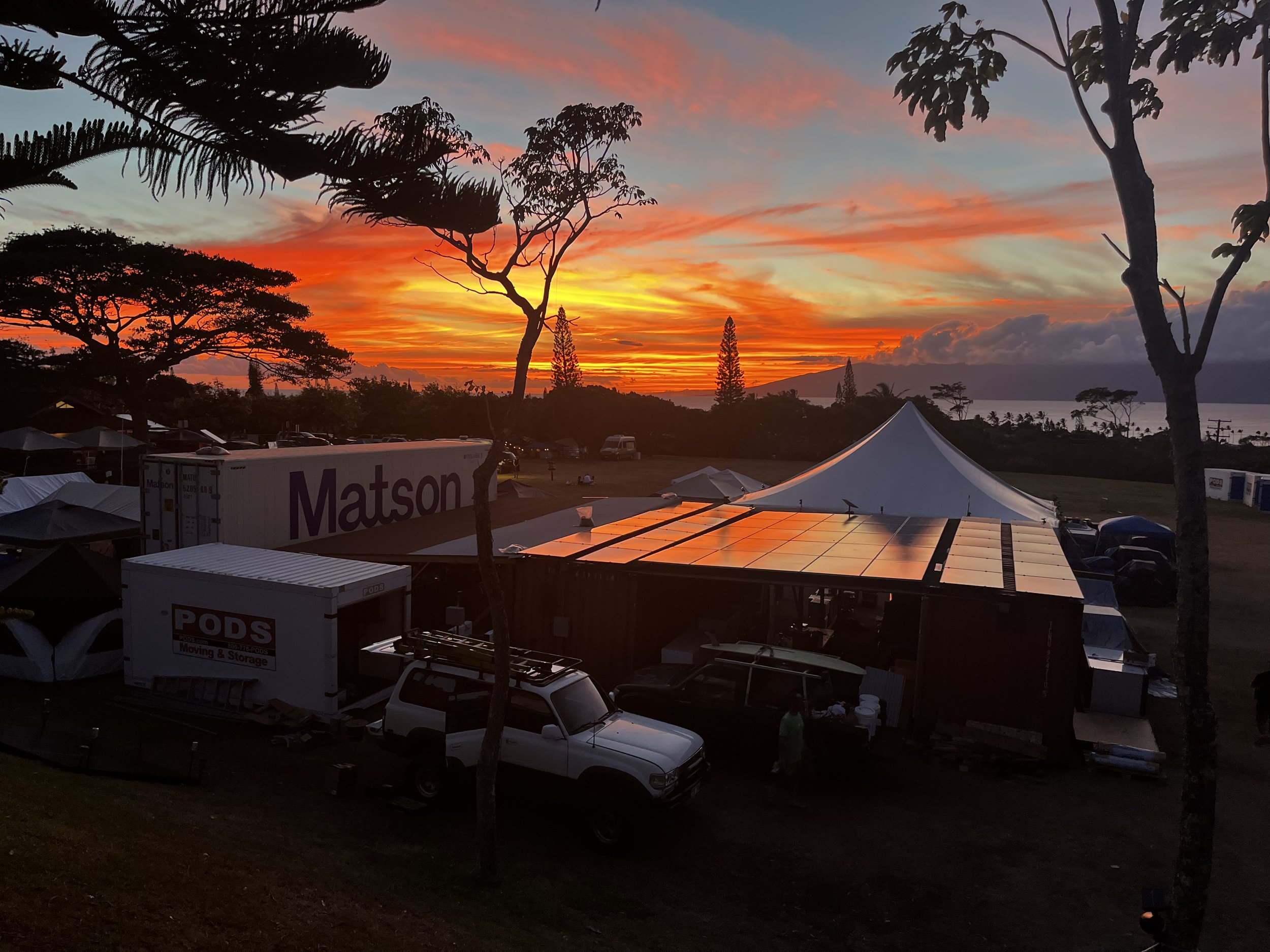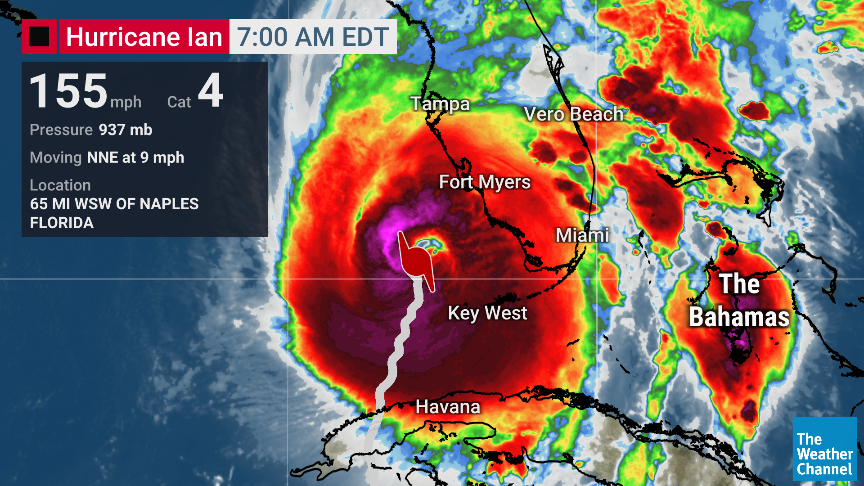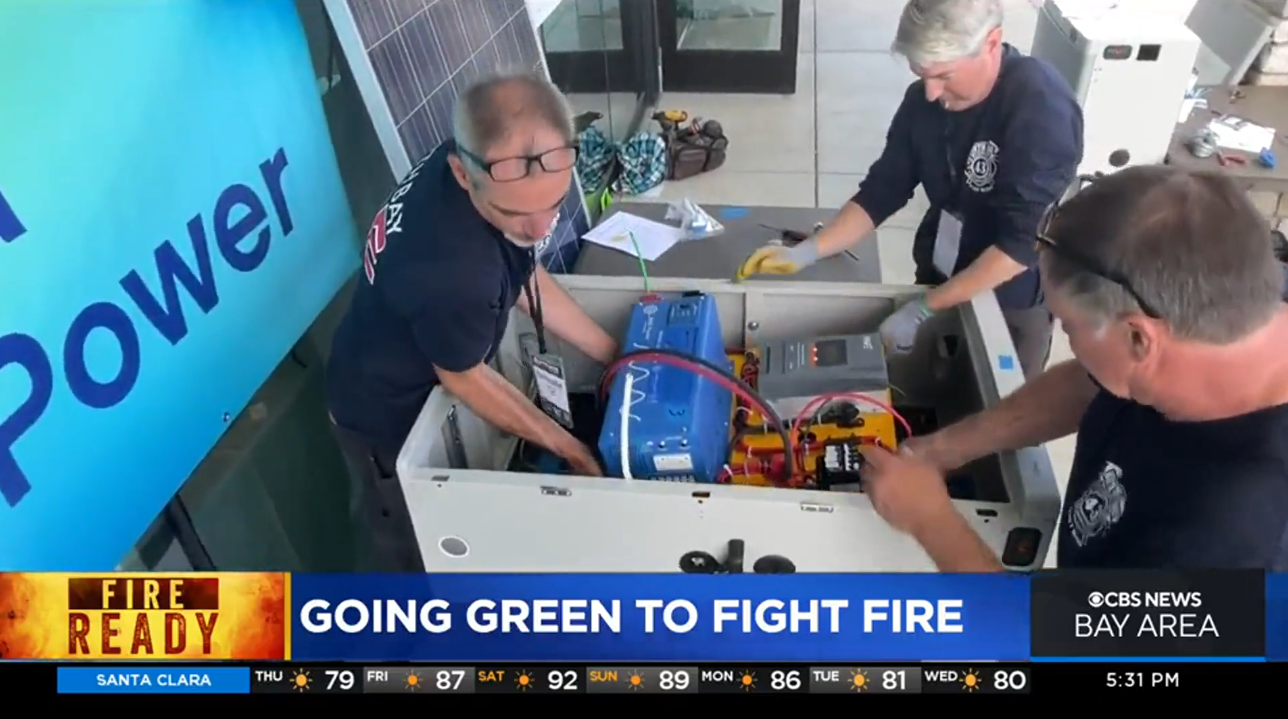Early this spring, a series of tornadoes devastated several communities in rural Mississippi. We joined forces with local partners requesting emergency power: Delta Health Center in Rolling Fork, the Fannie Lou Hamer Center for Change in Eupora, and the Zion Baptist Association in Winona. These hubs would go on to serve as foundations of recovery and resilience in their communities.
Home to the Mississippi Blues Trail and deemed “The Most Southern Place Earth,” the Mississippi Delta is both a cultural treasure and stricken with poverty. When the small town of Rolling Fork was hit by a series of tornadoes last March, residents said the devastation was compounded by decades of disinvestment, a legacy of racial and economic segregation.
The Delta Health Center in Rolling Fork suffered irreparable damage, knocking out power and their ability to serve a reeling community. Part of the first rural Federally Qualified Community Health Center (FQHC) in the United States, the center serves the area’s most vulnerable residents.
“Direct Relief introduced us to Footprint Project following an EF4 tornado destroying our healthcare clinic in Rolling Fork, an impoverished rural community in the Mississippi Delta,” said Robin Boyles, Delta Health Center’s Chief Program Planning and Development Officer. “The following day, Footprint Project was on their way to us with solar.”
Arriving from New Orleans, our on the ground team deployed mobile solar generators which enabled Delta Health Center staff to continue serving Rolling Fork residents recovering from the storm.
“Their responsiveness and tenacity brought us much needed resources in a time when we were dealing with our own disaster recovery and, more importantly, ensured that our patients were able to access healthcare in their time of need,” said Ms. Boyle.
Footprint Project later sent a solar-powered shipping container office, staged in Kentucky from 2021’s series of tornadoes, in tandem with Heart to Heart International’s Clinic in a Can. Together, the office and exam room continue to serve 7-10 patients per day, until Delta Health Center’s new facilities are restored.
About 100 miles northeast of Rolling Fork, the town of Winona and surrounding areas remained without power. It was there we met Al White, Mayor of nearby Duck Hill, at the Zion Baptist Association community center in Winona. We donated 3 solar generators and 10 portable battery packs to keep community members connected through recovery. "We'll be able to move more swiftly to help people,” said Al White, Mayor of Duck Hill, MS, expressing his gratitude for the donated solar generators. “We look forward to collaborating with Footprint Project in helping our fellow citizens and communities when a disaster strikes.”
Footprint Project also donated solar generator equipment to the Fannie Lou Hamer Center for Change in Eupora, MS. As these communities embark on their journey toward recovery, we remain dedicated to their long-term resilience. We’ve provided follow up training and technical support to ensure they are ready to power up their communities in the face of the next disaster.
Last but not least, we want to thank all of our local parters for making our response possible - we can’t (and won’t) do this work alone: Direct Relief, Heart to Heart International, Solaris Global, Another Gulf is Possible, Taproot Earth, Gulf South for a Green New Deal, and Sipp Culture.





















